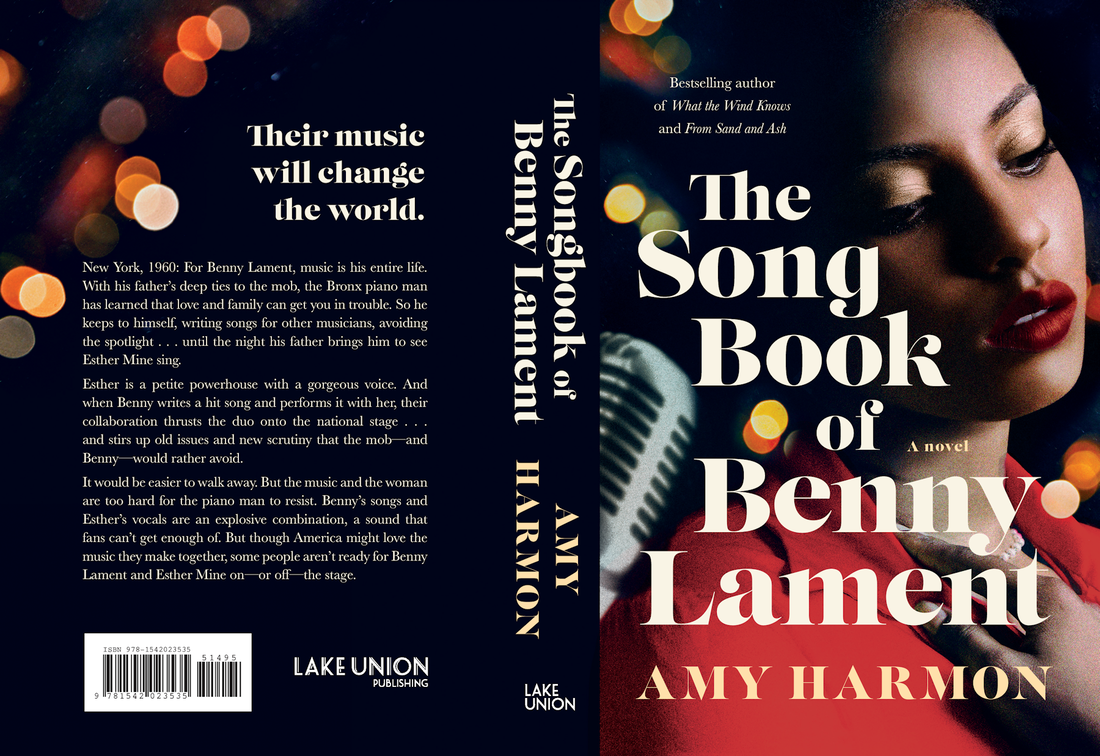I proposed The Songbook of Benny Lament to my publisher in 2019 and finished it in early 2020, right before the world was gripped in our current troubles. I had no sense of what was coming when I wrote about Benny and Esther and the world they lived in. I had no idea how complicated life would become. In some ways, it made the complicated nature of the past easier to understand.
When I told my mom I was writing a historical love story set in the 60s, she said, "The 1960s isn't historical." Meaning: "I was alive then, so it wasn't that long ago." No, Mom. It wasn't that long ago. And unlike some of the novels I've written, there was no comfortable distance from the setting or the time.
I wasn’t alive in the sixties. I don’t have any firsthand knowledge of the decade this story was set in—not the music scene, the Mafia life, the political climate, or the civil rights movement. I was not there. But when the idea for this story took root in me, it flowered quickly. Benny and Esther started talking, and I wasn't about to ignore them. I wrote their story, and I poured my whole self into it.
When I told my mom I was writing a historical love story set in the 60s, she said, "The 1960s isn't historical." Meaning: "I was alive then, so it wasn't that long ago." No, Mom. It wasn't that long ago. And unlike some of the novels I've written, there was no comfortable distance from the setting or the time.
I wasn’t alive in the sixties. I don’t have any firsthand knowledge of the decade this story was set in—not the music scene, the Mafia life, the political climate, or the civil rights movement. I was not there. But when the idea for this story took root in me, it flowered quickly. Benny and Esther started talking, and I wasn't about to ignore them. I wrote their story, and I poured my whole self into it.










